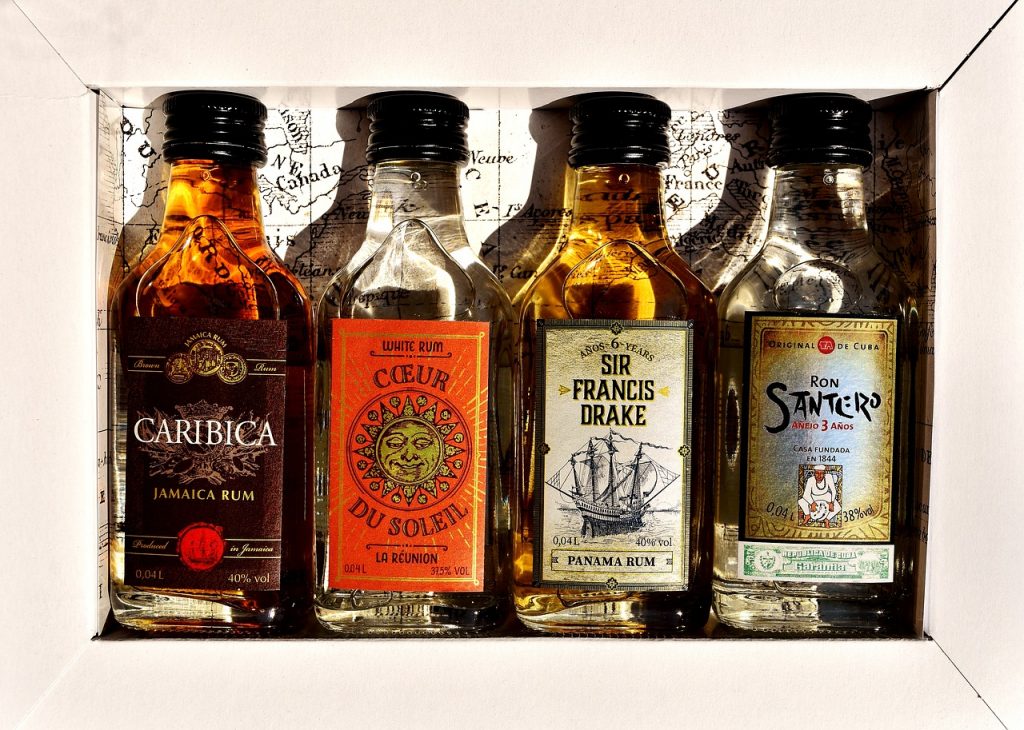
Moving and Packing | How Movers Wrap and Box Alcohol
If you’re preparing to move out of your house, or you’re moving a bar, and have bottles of wine or liquor that you plan on bringing, it’s important to understand packing techniques for these beverages. Because wine and liquor bottles are somewhat delicate, proper packing procedures are necessary to ensure bottles don’t break during the move. Also, there will be legal considerations to keep in mind if you’re bringing alcohol on the move to a new state. Here are some expert tips for wrapping and boxing alcohol like professionals do, along with advice on legal considerations:
How Should Bottles be Packaged?
When packing wine or liquor bottles for a move, the key is to use some padding and to allow the bottles to shift as little as possible. Here are some good ways to safely package liquor bottles:

1. Wine Shipping Boxes:
In most areas, particularly if you live near wine country, specialty wine shipping boxes are available from nearby UPS or FedEx locations.
2. Cell Boxes:
If you don’t want to drop extra money on wine shipping boxes, cell boxes can also protect wine and liquor bottles when moving. Cell boxes have cardboard dividers to separate and pad the bottles, and they can either be bought or gotten used for free at a liquor store.
3. Packing Paper:
If you aren’t using a cell box or wine shipping box, this local moving company says to wrap each bottle individually. This is best done by wrapping three or four sheets of packing paper around each bottle (being sure to tighten it around the neck for wine bottles,) and then secure with packing tape.
4. Loading Advice:
When loading the packaged liquor bottles into your car or truck, it’s crucial that you keep them flat on the floor of the vehicle rather than stacked on top of other boxes. If a box of liquor falls, it can not only damage other items but cause the bottles inside to break.
5. Legal Guidelines:
Unless you’re a licensed distributor, it’s illegal to ship alcohol, but carrying alcohol across state lines is often legal. Most states don’t prohibit the transportation of alcoholic beverages into or out of their borders, but some states, such as Pennsylvania, don’t allow alcohol to be brought into the state. If you aren’t sure whether or not alcohol can be brought into the state you’re moving to, you’ll want to check state statutes to be sure. Alcohol retailers in the area can also be a good resource, as they should be familiar with state liquor laws.

Even if carrying alcohol into the state is allowed, you’ll want to make sure it isn’t in plain sight. All bottles should be packaged to protect them anyway, but boxes of liquor should be hidden or at least sealed. While carrying unopened liquor in a vehicle isn’t illegal, it won’t look good if you get pulled over for speeding or other traffic violations.
